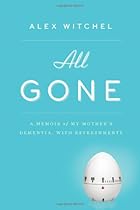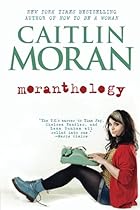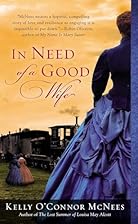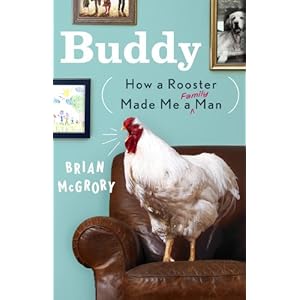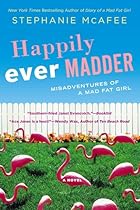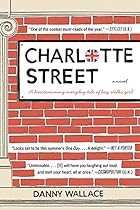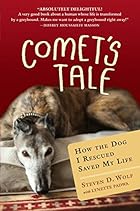 Animal lovers know that animals can sometimes, inexplicably, instantly, sense a need in us that we may not even be aware of and can place themselves inside that hole in our lives, saving us, comforting us, and loving us. Comet's Tale is the story of one such special dog, a greyhound rescue who offered love and trust and that undefinable everything that make our animals truly angels on earth and prove the cliche that they save us more than we ever save them.
Animal lovers know that animals can sometimes, inexplicably, instantly, sense a need in us that we may not even be aware of and can place themselves inside that hole in our lives, saving us, comforting us, and loving us. Comet's Tale is the story of one such special dog, a greyhound rescue who offered love and trust and that undefinable everything that make our animals truly angels on earth and prove the cliche that they save us more than we ever save them.
Steven Wolf was a successful and driven attorney in a happy marriage who had a good relationship with his daughters when the debilitating and degenerative spinal condition that he had been diagnosed with decades prior finally drove him into early retirement, forced him to move from Nebraska to Arizona for the climate, strained his marriage almost to the breaking point, alienated his daughters, and crippled not only his body but his spirit. The only thing that got him through the darkest days was the love of a dog who had herself almost been broken by cruelty and neglect. Wolf was lucky enough to have been chosen by Comet, a rescued greyhound who maintained a steady presence and radiated love and care for him no matter how low he got.
The story opens with Wolf meeting Comet for the first time and the two of them choosing each other beyond a shadow of a doubt. Then it goes back in time to tell the tale of how Wolf ended up at the ranch with the rescued greyhouds, proceeding through Wolf's gentle teaching and socialization of Comet, their relationship together, Comet learning to be a service dog for Wolf, and eventually to her happy, spoiled retirement. Wolf educates the reader on the historical background of the greyhound breed, the terrible and inhumane reality of current day dog racing conditions, and the great need for rescues for these gentle dogs. He also pulls no punches when discussing the reality of living in chronic pain and the emotional toll it takes not only on the person suffering but all those who love him as well. He chronicles the cost of his move from Nebraska to Arizona in terms of his relationship with his wife and his almost grown daughters and he shares the depths of his own depression and anger at his body and the situation.
Wolf's love for Comet shines through their story and there are many memorable moments between man and dog that exemplify why so many of us in the world would think our families incomplete without a dog or two. There are also some wonderfully humorous moments captured here. And Comet's unique personality is shown beautifully. The stress and uncertainty of living with a progressive disability and the ignorance and prejudice shown towards those with disabilities is also well handled. There is a bit of repetition in the book, perhaps caused by the non-linearity and final construction of the text but in general, this is an inspiring and special tale that dog lovers will enjoy.
Thanks to the publisher for sending me a copy of this book for review.





